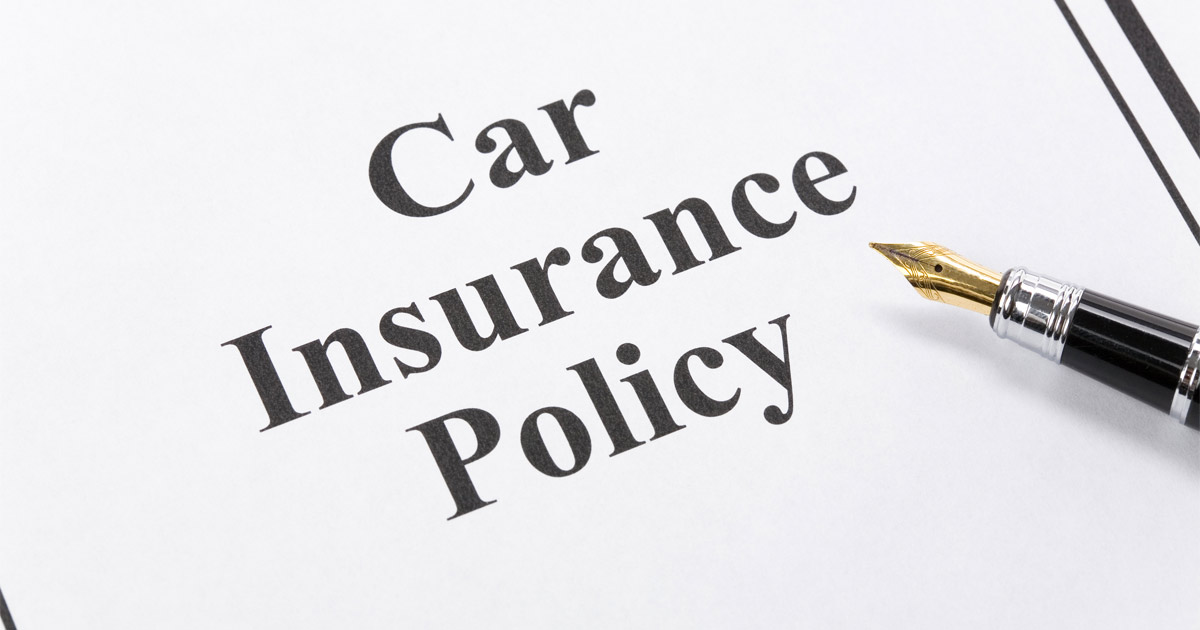Does New Jersey PIP Insurance Cover Passengers?
Posted on: July 12, 2023
What Is PIP?
Personal injury protection (PIP) insurance is mandatory in New Jersey for anyone who owns an automobile. Under the state’s no-fault rules, each driver must first use their own PIP coverage for accident-related injuries, regardless of which driver caused the accident. Car owners can choose their coverage rates, ranging from the minimum $15,000 limit to as high as $250,000.
No-fault laws allow you to receive medical care immediately following the accident rather than waiting for the other driver’s insurance carrier to approve the claim. Under PIP rules, coverage only extends to people and medical care and does not cover vehicle and personal property damage. Typical expenses covered by PIP insurance include:
- Hospital expenses, such as emergency room visits, inpatient stays, surgeries, and diagnostic testing.
- Follow-up medical care and treatment with surgeons, neurologists, physical and occupational therapists, and other specialty practitioners.
- Rehabilitation.
- Prescription medications for accident-related injuries.
- Medical equipment, such as wheelchairs or prostheses.
- Loss of income.
- Death and funeral expenses, in certain circumstances.
In New Jersey, you can use your health insurance as your primary source for PIP coverage if your insurer covers injuries from car accidents. Doing so can be a cost-saving measure as PIP coverage will pay first, and your auto insurance provides secondary coverage. Additionally, your auto insurer may offer lower rates if you designate your health insurance as your primary PIP source.
Common Scenarios
In most circumstances, PIP insurance extends to passengers injured in a car accident, regardless of whether they have health insurance. PIP coverage applies to the policyholder and their family or household members and may also extend to passengers, depending on their relationship and insurance coverage, as follows:
- You have a PIP policy and are injured as a passenger: Passengers who are car owners must have PIP insurance and file for coverage under their policy.
- You do not have a PIP policy and are injured as a passenger: Passengers who do not own a vehicle are not likely to carry PIP insurance and will file a claim with a family member with PIP coverage or the other driver’s car insurance.
- Your children are injured in an accident while you are driving: Parents’ PIP insurance may cover children and passengers injured in an accident. Coverage also extends to teenage drivers.
Are There Exceptions or Limitations to PIP Coverage for Passengers?
New Jersey’s PIP laws limit the ability to hold the responsible driver responsible for the accident and subsequent injuries. There are two exceptions, however:
- Injuries are severe enough to meet the state’s serious injury threshold.
- You purchased “unlimited right to sue” insurance.
Another disadvantage of PIP is receiving compensation for lost wages due to injuries or disabilities from the accident. Your auto insurance may pay for some lost wages, but PIP offers only limited reimbursement, paying $100 per week for a maximum of 52 weeks.
New Jersey Car Accident Lawyers at Ellis Law Help Clients Seek Compensation for Accident-Related Injuries
Navigating New Jersey’s no-fault and PIP laws can be challenging. Our skilled New Jersey car accident lawyers at Ellis Law can protect your rights. Call us at 732-308-0200 or contact us online to schedule a free consultation. Located in Freehold, New Jersey, we serve clients in Asbury Park, East Brunswick, Toms River, Middletown, Jersey City, Long Branch, Neptune, Hudson County, Union County, Essex County, Monmouth County, Marlboro, and Ocean County, as well as Brooklyn and New York City.


